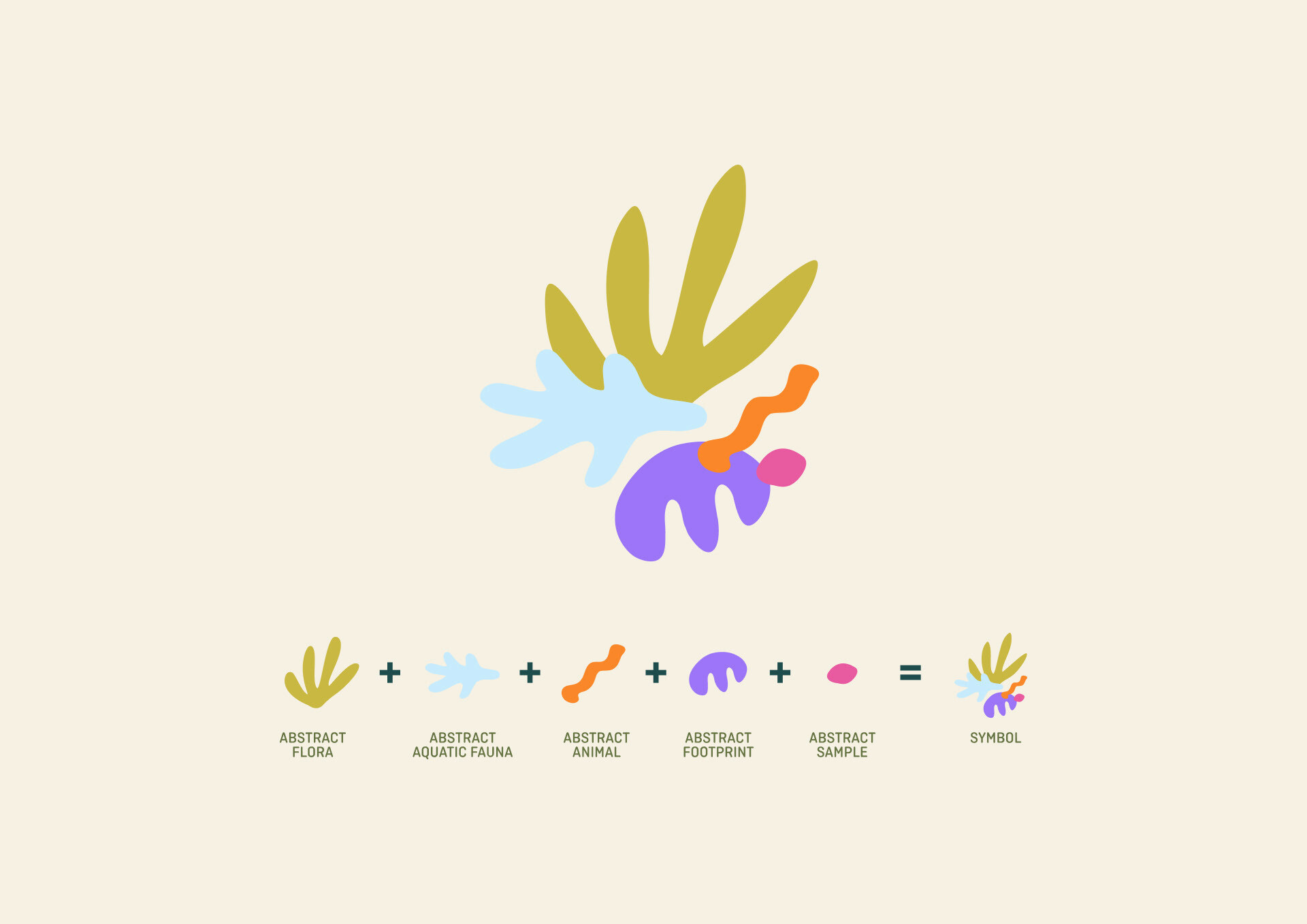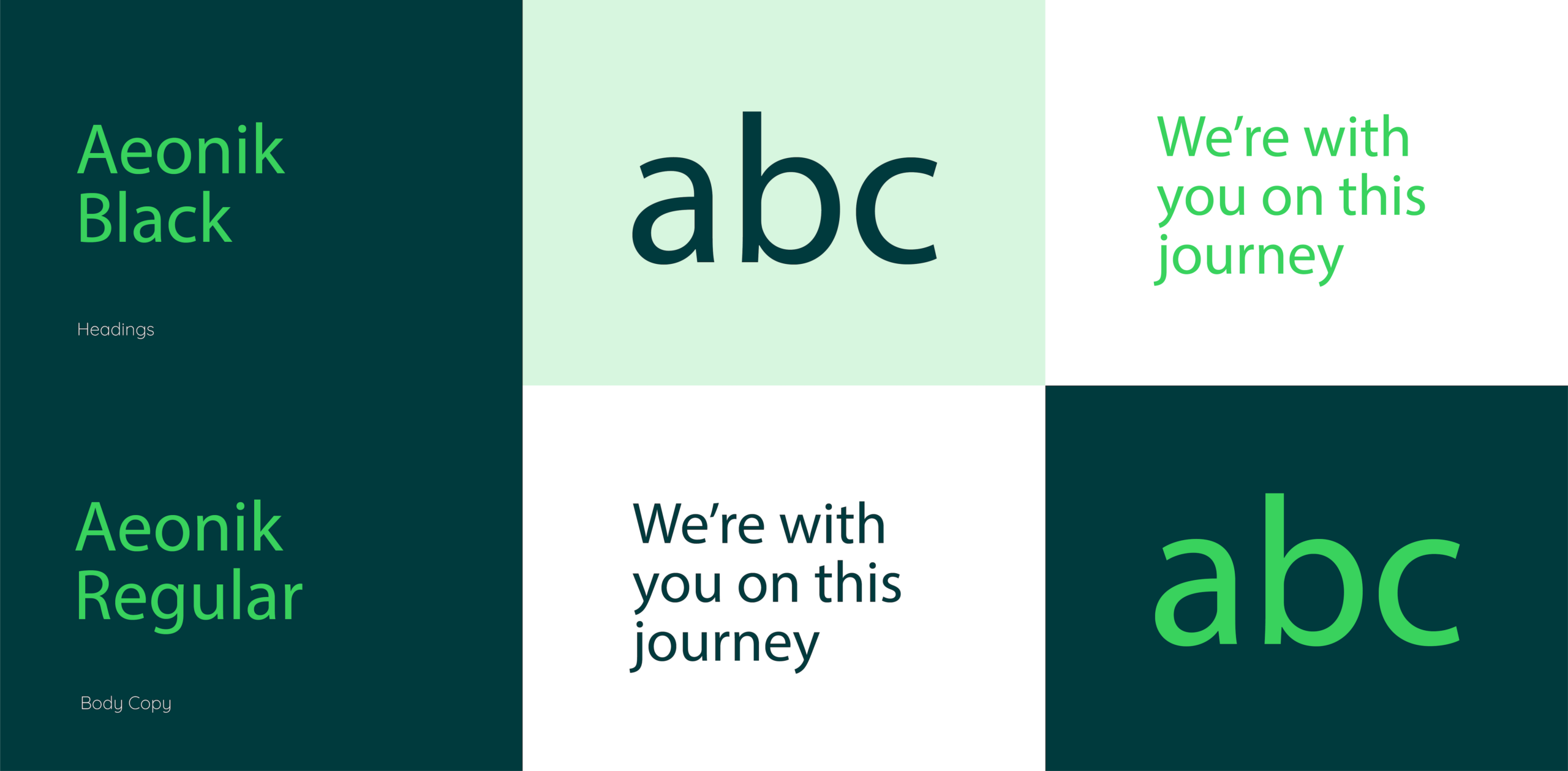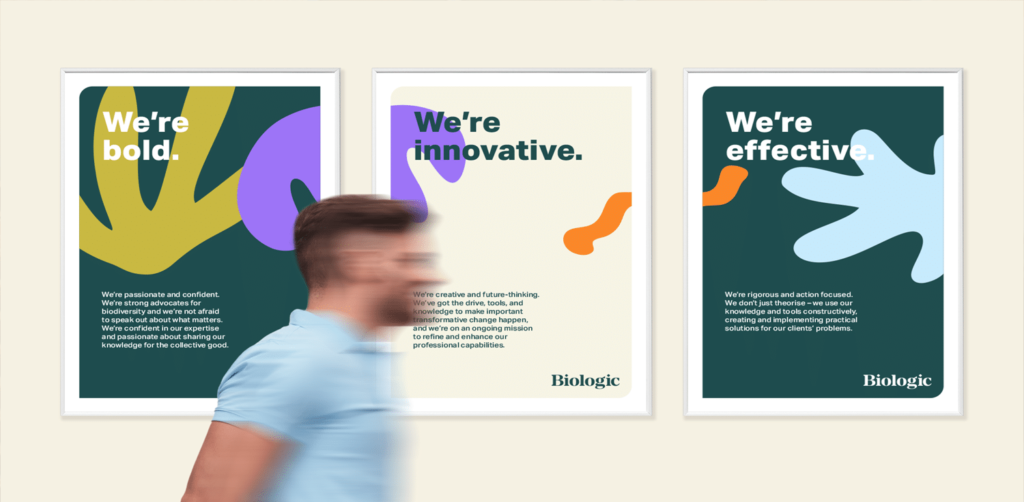What is a brand identity and why is it important?
Brand identity components include everything from naming, logo, the visual language (theme) through to the verbal language and expression. After a briefing interview to define and discuss your specific needs and objectives, we’ll develop the relevant components to create a targeted identity for your business.
What exactly does branding involve?
Branding isn’t just about a logo or a tagline; it involves strategically aligning every brand touch point experience. To achieve the best result, we’ll develop a comprehensive visual and written identity that encapsulates your business values, mission, and personality, affecting all elements of your business from customer interaction to marketing strategy.
Why is branding important for my business?
Effective branding creates a unique identity, differentiating you from your competitors, building customer loyalty, and conveying your business’s ethos to your audience.
What is the process of branding?
Our process always starts with understanding your business and its values, researching your target market, creating a brand identity (including a logo, colour scheme, and tone of voice), and consistently applying this identity across all channels.
What’s the difference between a logo and a brand?
Your logo is the face of your brand and is likely the most iconic and crucial element of your branding. And although in isolation it’s not your brand, its significance in shaping and influencing your brand expression should not be understated. And that’s why every brand identity we develop starts with a logo design. Our talented brand designer works with our brand strategist and creative director to interpret the creative brief insights into a meaningful, memorable brand that will positively impact your business.
How much does branding cost?
Branding costs can vary significantly based on the size of the business, the scope of the branding effort, and the specific services required. If you’re purely an online business, your requirements are much simpler than a bricks and mortar business that may need to factor in signage, uniforms and print requirements.
How long does the branding process take?
Timeframes will vary according to the complexity of the project, but branding or a brand realignment will take anywhere from a few weeks to several months.
What information will you need from me?
When we commence the branding process, we’ll conduct desktop research and a workshop to capture the information we need. We’ll need to understand your history, objectives, competitors, and obstacles to growth. We’ll typically conduct an audit of your brand collateral so we can thoroughly plan out your requirements. While we’ll do most of this work ourselves, we will need your insights to build an effective strategy.
How will branding impact my business?
Effective branding will establish trust and loyalty among customers, improve engagement and staff loyalty and ultimately drive business growth.
How can I measure the success of a branding project?
Key metrics might include increased brand perception, awareness, customer loyalty, and increased sales or market share. We’ll work with you to define some goals and KPIs.
What is a brand positioning statement and why do I need one?
A brand positioning statement is an important component of your brand identity. It will clearly and concisely capture the essence of your unique value and position in the market and will encapsulate your USP(s) and target audience.
What is a unique selling proposition (USP) and how can it benefit my brand?
Understanding and defining your USP(s) will help differentiate you from your competitors and give a clear reason for your target audience to choose you over your competitors. It’s one thing to understand your USPs, but equally important is using them effectively in your marketing and message material.
What is brand equity and how can it be built?
Our definition of brand equity is value in all its forms. Commercial. Intellectual. Financial. Reputational. Even emotional. It’s what defines your brand’s worth. It’s what fuels your business’s growth and success. It’s the critical mass that builds the momentum that makes hitting your strategic goals inevitable.
How does branding impact customer loyalty?
Effective branding builds an emotional affinity between your business and your target audience. Rather than needing to convince them to buy from you, your brand will imbue an intrinsic desire to be associated with and transact with you.
What are some common branding mistakes I should avoid?
The biggest mistake we see is branding that isn’t guided by a strategy. This scenario is very similar to building a house without a plan – you’ll end up with something, but it’s unlikely to meet your requirements. Second to this is when a brand is created but little thought is given to ensuring its ongoing consistency. This leads to a diluted brand that fails to cut through. If you engage Distl to manage your rebrand process, we’ll ensure you avoid these potential pitfalls.
How often should I consider rebranding?
When done right, branding can last decades before it needs updating. The more common scenario is that a brand may benefit from subtle tweaks to bring the theming or supporting elements up to date with more modern design trends. A robust brand strategy shouldn’t require updating, so the underlying foundation of your brand should remain consistent over the long term.
What is a brand audit and why might I need one?
A brand audit is a review of all of your brand application requirements and is an important stage in planning your brand launch. We’ve developed a comprehensive audit checklist to guide a review of what brand application you have but also, what gaps you may wish to fill when launching your new brand. From here, we can quote and plan each and every requirement.
What’s the role of social media in branding?
As with any brand touchpoint, it’s imperative that your social media channels maintain consistency with your branding both visual and written. By having brand guidelines and an in house brand custodian who’s responsible for maintaining alignment, you’ll be better placed to keep your brand on track. Your social media presence is also one of your best opportunities to express your brand voice in an ongoing manner.
Can a strong brand help my business in a competitive market?
This is one of the most compelling reasons for building a strong brand. Often in a hyper competitive marketing, businesses resort to competing on price or speed. When you invest in a differentiated brand, you give your target audience emotive reasons to purchase from you that are more visceral than logical.


























